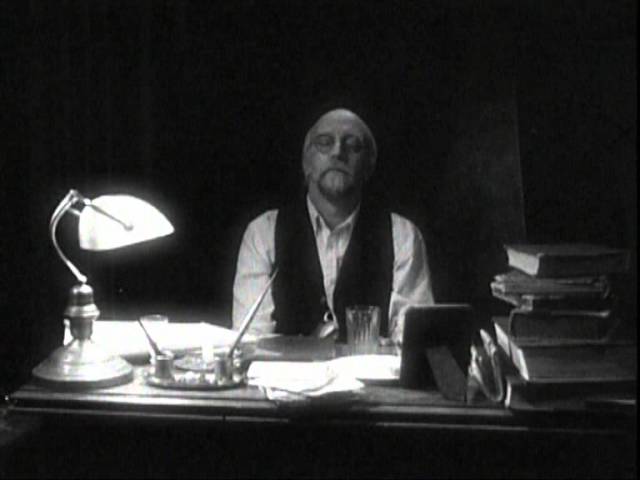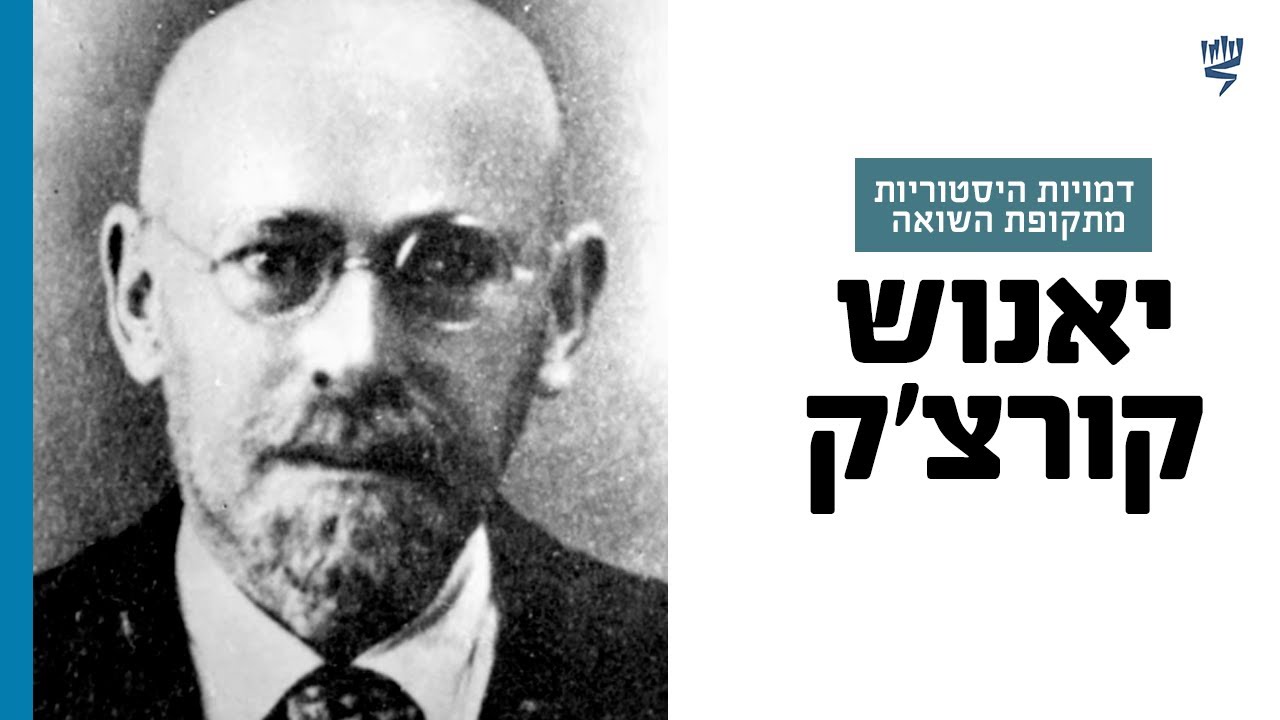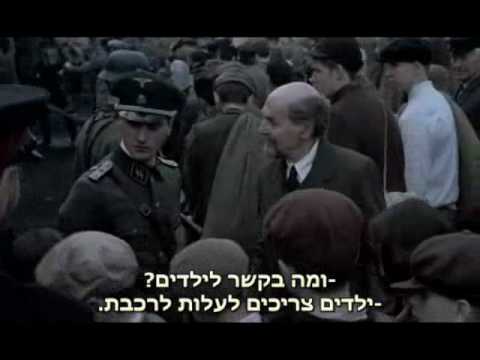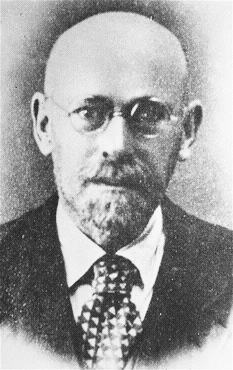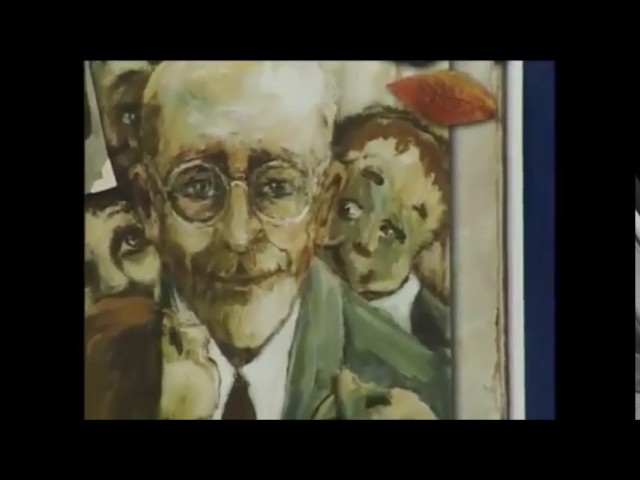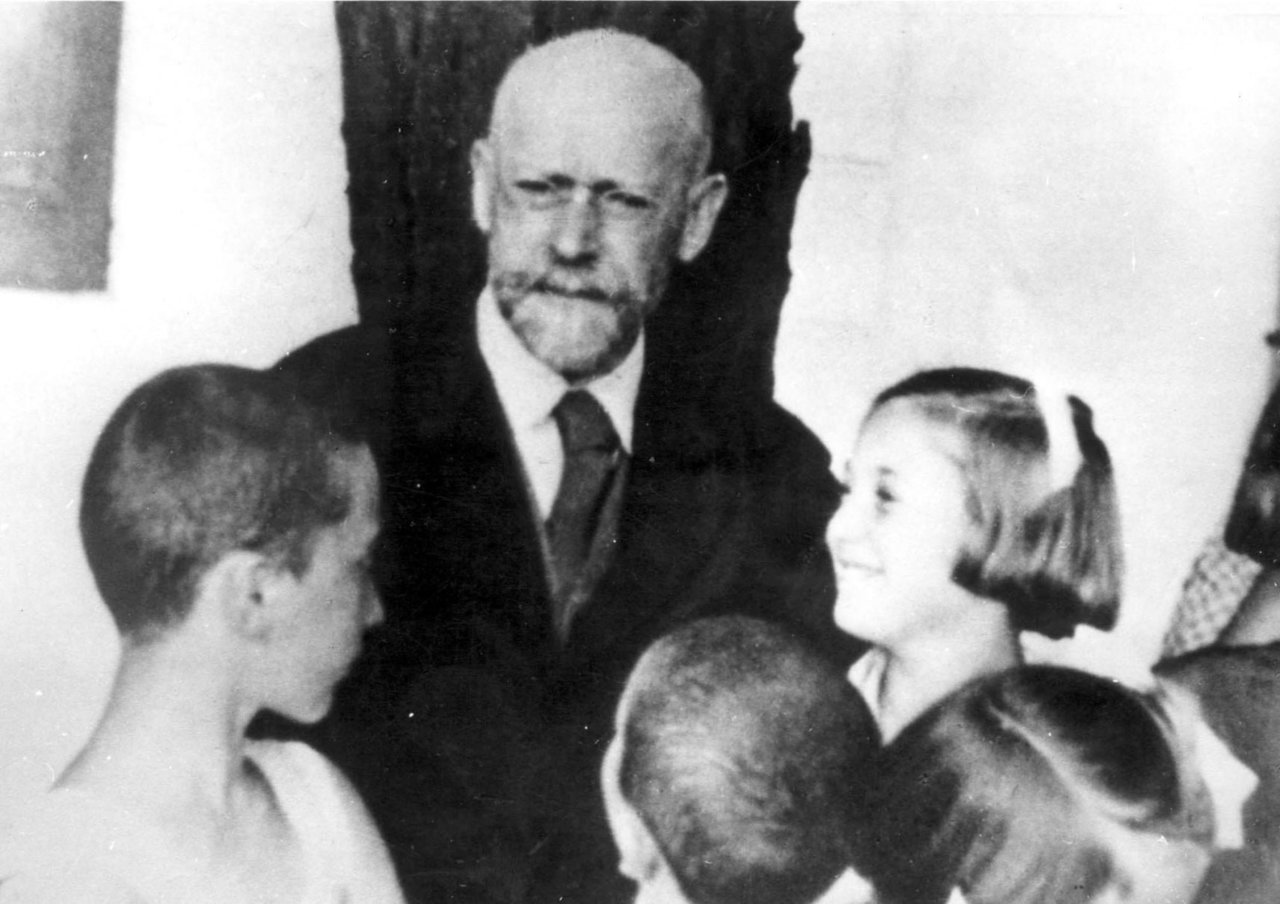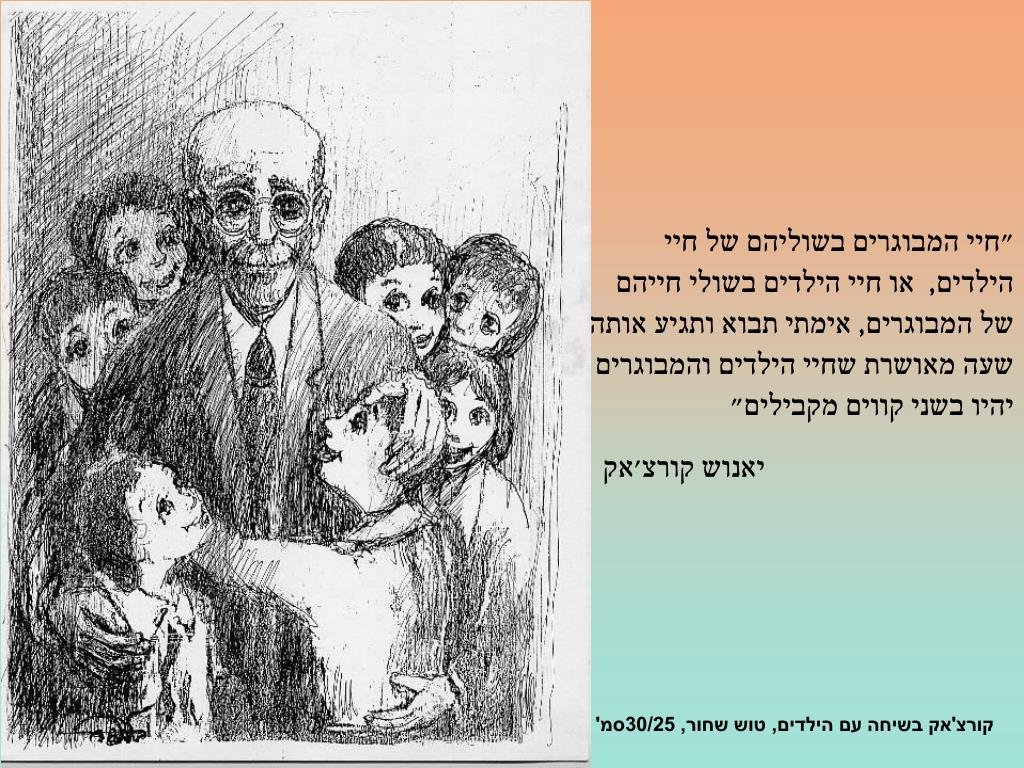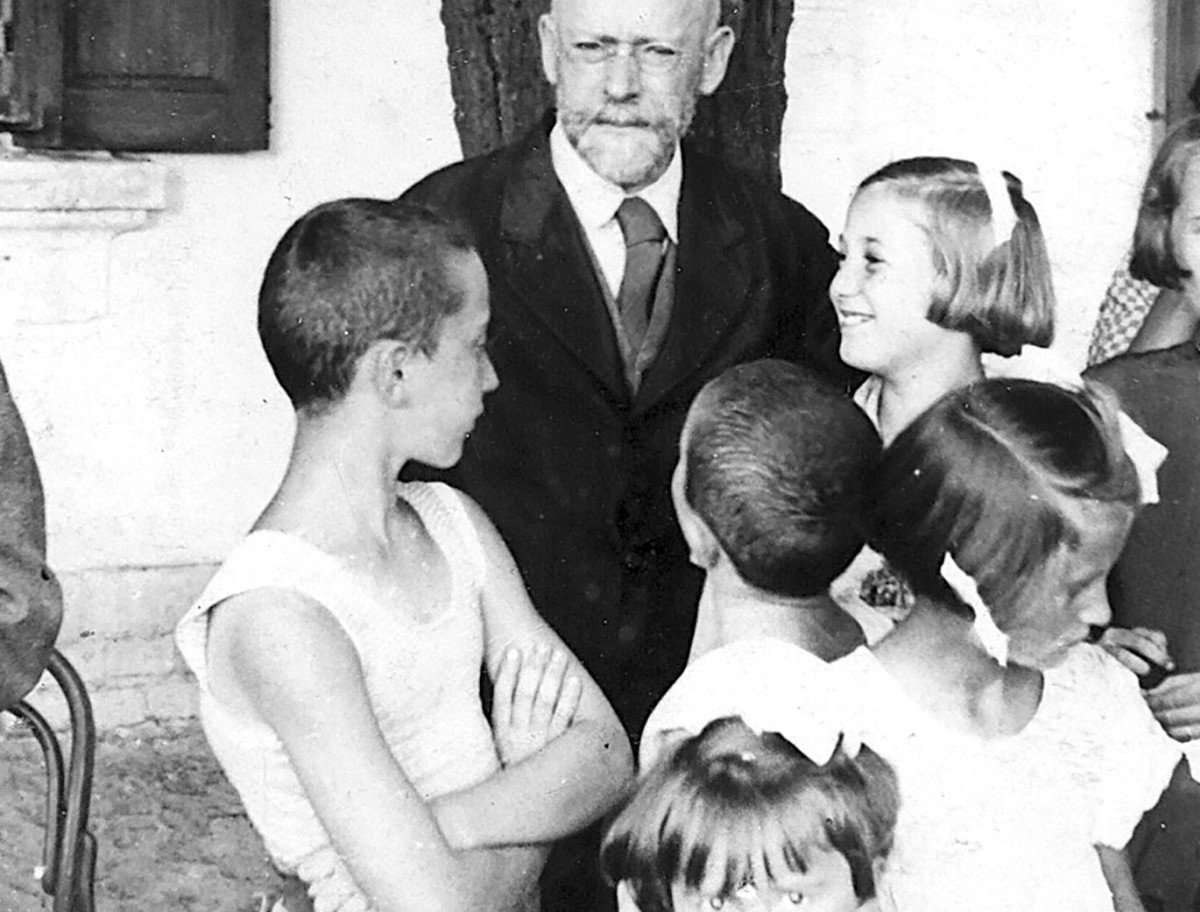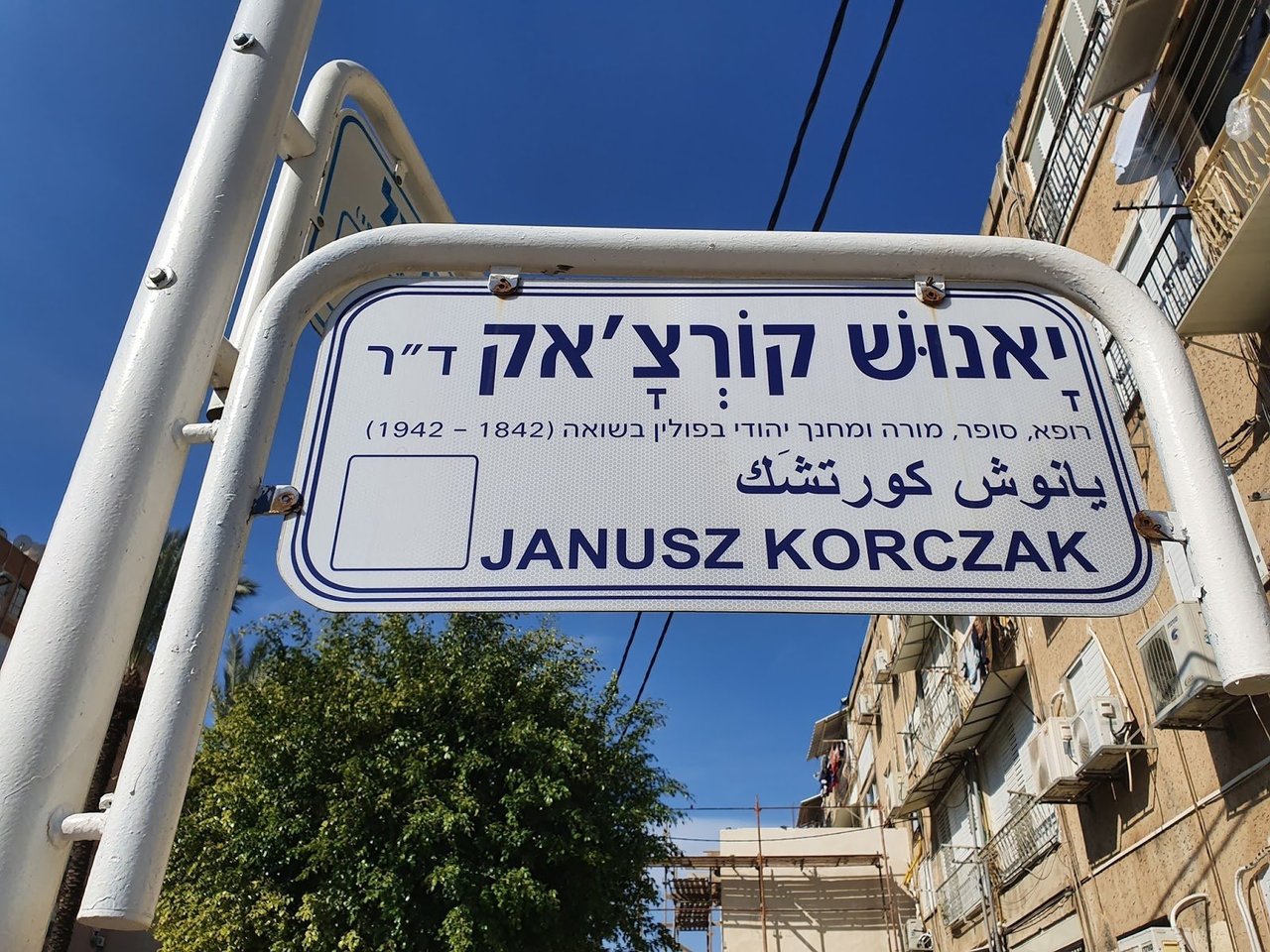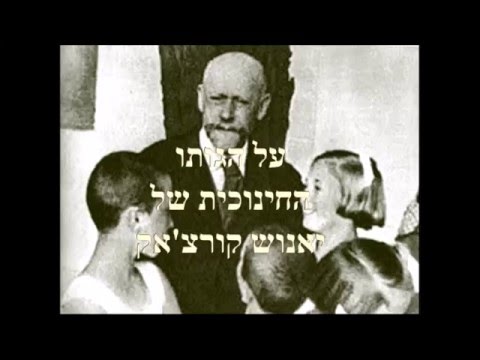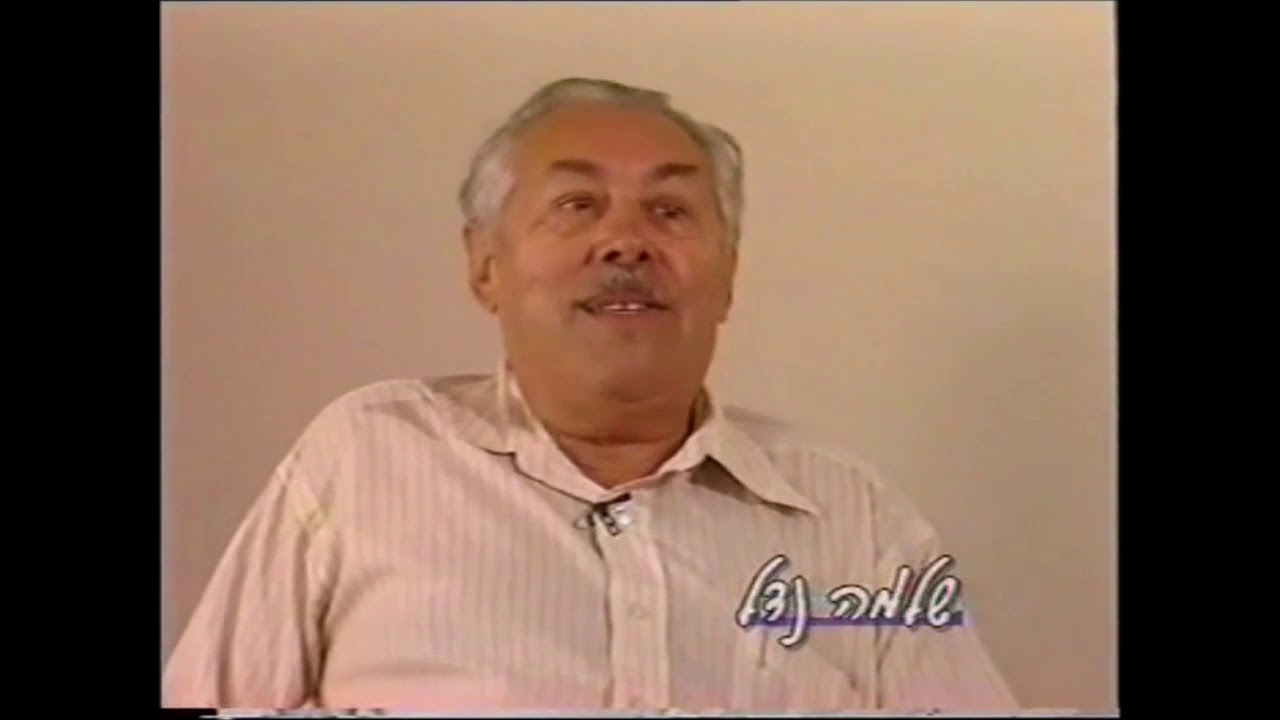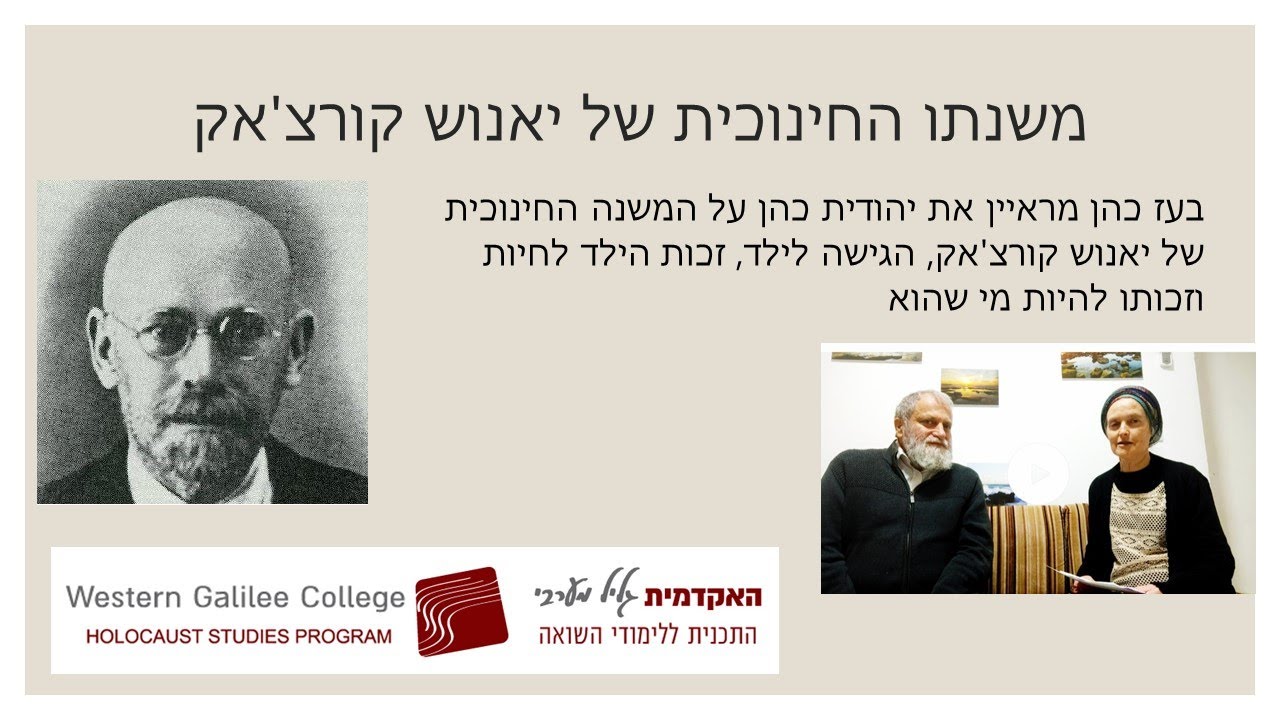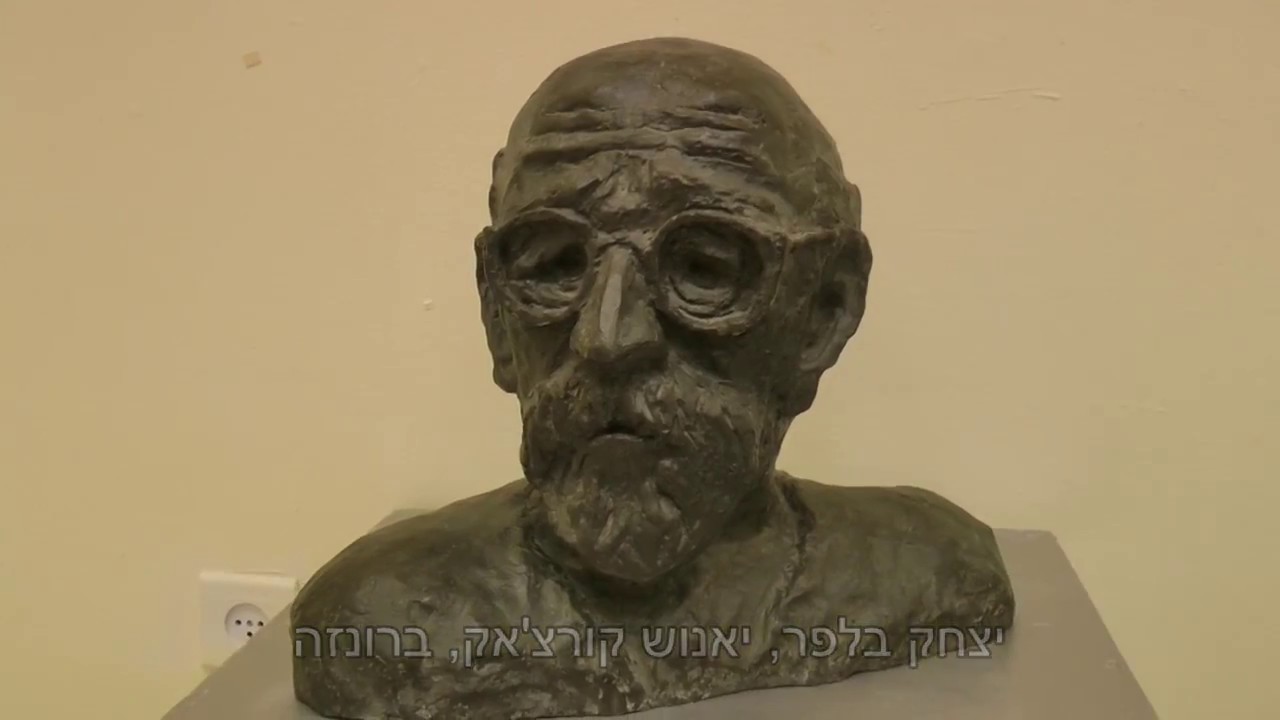Janusz Korczak: A Legacy of Child Advocacy and Education
Janusz Korczak, born Henryk Goldszmit on July 22, 1878, in Warsaw, Russian Poland, and perished on August 7, 1942, in Treblinka, General Government (Nazi-occupied Poland), was a prominent figure known for his contributions as a physician, educator, writer, publicist, and Jewish-Polish social activist.
Korczak emerged as one of the pioneers of children's rights advocacy and equality. The orphanages he established and managed represented early experiments in democratic education, even incorporating a children's court. He was a trailblazer in the field of child rehabilitation and youth development research, focusing on both physical and psychological aspects of a child's growth.
Korczak authored numerous books on educational theory and practice alongside children's literature. As a Jewish-Polish individual, he proudly declared his allegiance to both nations. However, during the Holocaust, when the time came to send the children of his orphanage in the Warsaw Ghetto to Treblinka, he declined the opportunity to save himself alone, choosing instead to accompany his young charges. This act cemented his status as one of the great historical Jewish symbols of our time.
Biography
Janusz Korczak was born into a culturally assimilated Jewish family in Warsaw, Poland. His father, Józef Goldszmit (1844–1896), was a lawyer, and his mother, Cezylia née Gębicka (1853/4–1920). His Jewish name was Herschel, named after his paternal grandfather. The Goldszmit family's roots traced back to the Lublin region, while the Gębicka family hailed from the city of Kalisz. His maternal grandfather, Maurycy Gębicki, and paternal great-grandfather, Herschel Goldszmit, were both physicians.
The Goldszmit family initially lived at 18 Jelenia Street, which is believed to be Janusz Korczak's birthplace. In 1881, they moved to 77 Krakowskie Przedmieście Street and later, due to worsening financial circumstances, to 6 Nowolipki Street (now Moliera Street), in the Srodmiescie and Leszno districts of Warsaw.
In July 1885, Janusz Korczak began his education at the Praga Street elementary school, where he studied until 1890. He then continued his studies at Public Gymnasium No. 7, located in the Praga district. It was during these years that he first described his affinity for books and reading: "At the age of fifteen, I was seized by a fit of reading madness. The world disappeared before my eyes, and only the book remained..."
Initially, the Goldszmit family enjoyed relative financial stability. However, their circumstances deteriorated due to his father's mental illness, which led to his first hospitalization in a psychiatric facility in 1891. His father passed away on April 26, 1896. At the age of 17-18, Janusz Korczak started helping to support the family by providing private lessons, and his mother rented rooms in their apartment on Leszno Street. He received his high school diploma at the age of 20.
In 1898, he commenced his medical studies at the Imperial University in Warsaw, where he studied for six years, repeating the first year. He also studied at the "Flying University." During his university years, he became aware of the impoverished lives of the proletariat and lumpenproletariat ("ragged proletariat") in the city's neighborhoods. He wrote about his time at school: "At fifteen, I was seized by a fit of reading madness. The world disappeared before my eyes, and only the book remained..."
In the summer of 1898, he traveled abroad for the first time, visiting Switzerland, where he researched the work and ideas of Johann Heinrich Pestalozzi. During his university years, he became a well-known and sought-after pediatrician in Warsaw, thanks to his literary publications.
From 1907 to 1910/11, Korczak continued his education abroad, spending a year in Berlin, where he attended lectures, worked in children's hospitals, and studied educational methods in schools and orphanages. He also spent four months in Paris in 1910 and one month in London in 1910 or 1911. In London, he made the decision to abstain from forming a family and "serve the child and his interests." He saw all the children he cared for and educated as his own.
In 1914, during World War I, Korczak was once again drafted into the Tsar's army, serving as an assistant director of a field hospital in the Ukrainian front. In 1917, he was sent to work as a doctor in Ukrainian children's shelters near Kyiv. He also briefly worked at a school for Polish boys in Kyiv managed by Maria Rogowska-Palska, a social activist and Polish independence fighter whom he had met two years earlier during a short visit to Kyiv. After the war ended in 1918, Korczak returned to Warsaw, serving in the Polish army during the Polish-Bolshevik War (1919-1921) and working in military hospitals in Warsaw and Lodz. Due to his dedication during this period, he was promoted to the rank of lieutenant.
Physician
On March 23, 1905, Korczak received his medical degree. As a physician, he was conscripted into the Tsar's army in June of the same year and participated in the Russo-Japanese War. At the time, Poland was divided under the rule of three empires: Russia, Germany, and Austria-Hungary. Korczak served in the army and completed his military service as a lieutenant in March 1906, returning to Warsaw. From 1905 to 1912, he worked as a pediatrician at the Bersohn and Bauman Children's Hospital located at 51 Sliwicki Street, later renamed Srebrna Street 60.
He received an apartment on the hospital premises and cared for patients around the clock, earning an annual salary of 200 rubles. In his medical practice, he also reached out to the working-class neighborhoods of the city. Some of his impoverished patients could not afford to pay for his services or could only offer a token fee.
At times, he even provided money for the purchase of medicines. He didn't hesitate to charge higher fees to more affluent patients. Korczak collaborated with Samuel Goldflam and was influenced by the pediatrician Julian Kramsztyk. Starting in 1907, following the publication of his literary works, he became a well-known and sought-after pediatrician in Warsaw.
Between 1907 and 1910/11, Korczak continued his education abroad, spending a year in Berlin, where he attended lectures, worked in children's hospitals, and studied educational methods in schools and orphanages. He also spent four months in Paris in 1910 and one month in London in 1910 or 1911. In London, he made the decision to abstain from forming a family and "serve the child and his interests." He saw all the children he cared for and educated as his own.
In 1914, during World War I, Korczak was once again drafted into the Tsar's army, serving as an assistant director of a field hospital in the Ukrainian front. In 1917, he was sent to work as a doctor in Ukrainian children's shelters near Kyiv. He also briefly worked at a school for Polish boys in Kyiv managed by Maria Rogowska-Palska, a social activist and Polish independence fighter whom he had met two years earlier during a short visit to Kyiv. After the war ended in 1918, Korczak returned to Warsaw, serving in the Polish army during the Polish-Bolshevik War (1919-1921) and working in military hospitals in Warsaw and Lodz. Due to his dedication during this period, he was promoted to the rank of lieutenant.
Social Activism
In December 1899, Korczak was briefly arrested due to his involvement in the activities of the Warsaw Society for the Care of the Needy. He was part of a group of 16 friends who founded "The Young Guard" in Vienna in 1916.
He joined the "Freemasons" in 1925 and was a member of the "Le Droit Humain" Lodge "Morski Gwiazda," part of the International Federation for Human Rights, which aimed to "reconcile all separated people in religious sects and seek the truth while respecting the dignity of others." He conducted initiation and advancement ceremonies for children in his orphanages, following the principles of freemasonry.
Korczak was a member of the "Warsaw Hygiene Association" and the "Association for Summer Camps for Children." In 1904, 1907, and 1908, he participated in summer camps for Polish-Jewish children organized by the association. In 1909, he joined the "Help for Orphans" association, a Jewish charity organization, which later established the "Orphans' Home," where Korczak was appointed as the director.
